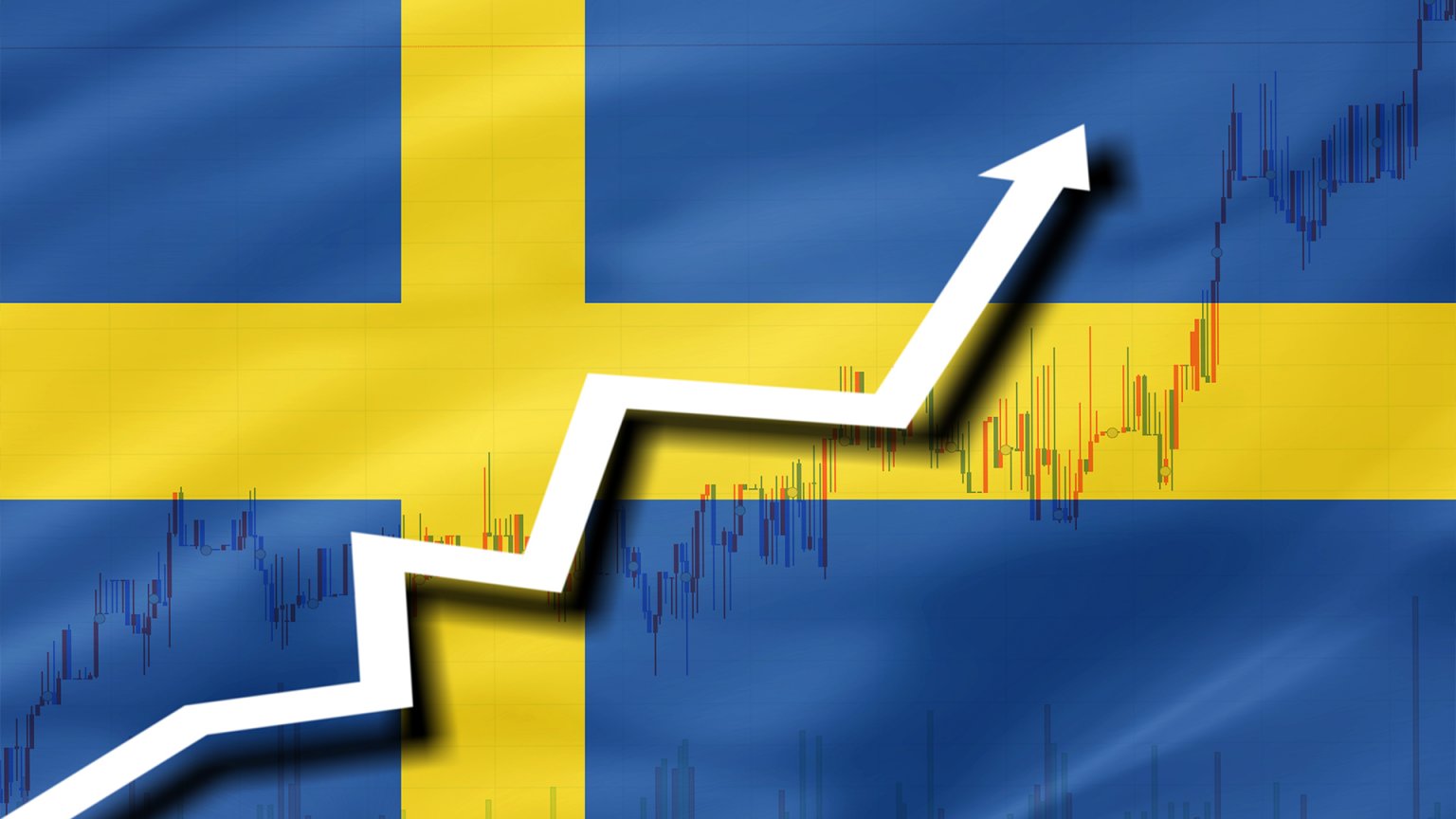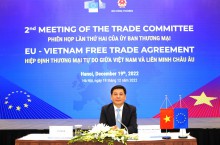The News
Swedish non-tariff measures and other trade regulations
Currently, Sweden's labeling regulations are in line with general EU regulations. Sweden does not require imports to have the name of the country of origin listed on the label. However, goods with the wrong name of origin are prohibited. For some items, for example pharmaceuticals, chemicals, food goods, special regulations and labeling requirements are required. Sweden has very strict labeling, hygiene and medical regulations as well as complex requirements to monitor the quality of goods.
Currently, Sweden's labeling regulations are in line with general EU regulations. Sweden does not require imports to have the name of the country of origin listed on the label. However, goods with the wrong name of origin are prohibited. For some items, for example pharmaceuticals, chemicals, food goods, special regulations and labeling requirements are required. Sweden has very strict labeling, hygiene and medical regulations as well as complex requirements to monitor the quality of goods.
1. Import license
Before importing, importers should find out the regulations that apply to their products. To import some of the following goods, importers are required to submit an import license:
- Food (requires an import permit issued by the National Food Administration. The distribution and issuance of import licenses for food products is coordinated by the National Food Administration).
- Textiles
- Types of weapons
- Pumps, needles
- Endangered animals and crops
- Alcohol and other alcoholic beverages
- Agricultural products: Most agricultural products require an import license. Particularly for animals, crops, and products on the list of species protected under the Washington Convention (CITES), it is generally necessary to obtain both a license from the exporting country authority, and a license from the Swedish Ministry of Agriculture.
- Drugs, pharmaceutical substances and dispensaries, syringes, catheters, anesthetics, oral contraceptives are all required to have import licenses issued by the National Commission on Health and Welfare. The official reference is Swedish Pharmacology.

2. Packaging and labeling requirements
Label regulations
Currently, Sweden's labeling regulations are in line with general EU regulations.
Sweden does not require imports to have the name of the country of origin listed on the label. However, goods with the wrong name of origin are prohibited.
For some items, for example pharmaceuticals, chemicals, food goods, special regulations and labeling requirements are required.
Sweden has very strict labeling, hygiene and medical regulations as well as complex requirements to monitor the quality of goods.
Packaging regulations
Sweden has no special rules on product packaging. However, Sweden discourages the use of hay, straw or sacks for packaging. In case of use, it is necessary to have a sanitary certificate attached.
The outside of the container should have the symbol of the commissioner, the symbol of the port and numbered (corresponding to the packing list) unless the goods have been identified in some other way. Shipments of packages exceeding the weight of 1,000 tons must be marked total weight.
3. Regulations on phytosanitary
Sanitary certification
For goods that are likely to contain highly contagious animal and plant diseases, when imported into Sweden, a sanitary certificate bearing the name of the country of origin is required. Goods requiring sanitary certification include:
- Types of live animals,
- Animal products (meat, meat products, and animal foods), and
- Plant products such as potatoes, crops and seeds.
The sanitary certificate must be legalized by the competent authority of the country of manufacture or export.
In addition, Sweden also applies import restrictions on special goods to ensure public safety and health, or to prevent the risk of disease for domestic animals and plants.
Quarantine of live animals and animal products
Anyone wishing to import live animals or animal products must register with the Swedish Agricultural Commission for the importation of such goods. For certain items, permission from the Swedish Agricultural Commission is required.
Declarations for the import of animals, embryos, eggs, sperm and other animal products from third world countries must be submitted to the Border Veterinary Inspection Service at least 1 day before the import. Imports of the above-mentioned goods from EU countries must notify the Swedish Ministry of Agriculture in advance.
The import of animals and animal products from third world countries must be carried out at the predetermined import location (border inspection site). However, this does not apply to those types of ornamental birds that are imported and declared at the customs office.
The carriage of goods must always be accompanied by a medical or other certification issued by a competent authority in the exporting country.
Quarantine of crops
Any individual who wishes to import crops, soil, fertilizers, pesticides or growth stimulants on a business basis must register with the Swedish Ministry of Agriculture.
The inspection agency of the Swedish Ministry of Agriculture is responsible for inspecting imported crops.
Certain crop-related items must have an accompanying medical certificate.
Certain subjects may not be allowed to be imported into Sweden, including certain plants that show signs of being infected and pests.
Food quarantine
Importers who wish to import food into Sweden for commercial purposes are required to have a facility in Sweden and must register with the Food and Nutrition Commission on imported items.
The importer must notify the Border Inspectorate in advance of the amount of imports, and must use a special declaration form. The import of food from third world countries must be carried out at the specified import location.
The import of food or animals from a third world country is carried out after approval by the Swedish Ministry of Agriculture. When importing other foods, approval from the Nutrition and Food Commission is required.
The importation of meat or dairy products for personal consumption will be prohibited unless accompanied by the necessary documentation from the veterinary authorities of the country of origin. Infant milk, feeds and special foods for health purposes may be imported provided that these products do not need to be refrigerated before use, properly labeled packaging for sale directly to the user, and the packaging is still intact.
4. Foodhealth and safety regulations
For manufactured industrial products, CE (European Conformity) is a mandatory label for many industrial products. The purpose of CE labels is to set a general requirement for manufacturers to offer only safe products in the EU market. CE label is considered a travel document of the manufacturer circulating many industrial products such as machinery, low voltage electrical equipment, toys, personal safety devices ... In the EU market, CE marking indicates that the product meets the statutory needs and can be applied in terms of safety, health, environment and consumer protection.
For food products, the Hazard Analysis Critical Control Point system (HACCP) standard is applied to the food industry, which will determine that food companies identify each aspect that affects food safety.



